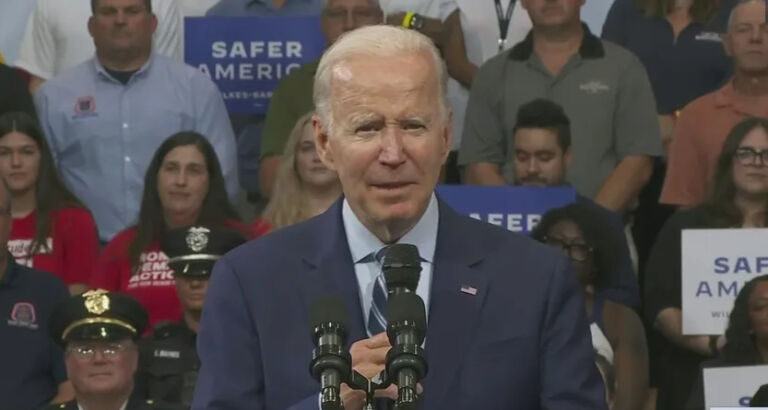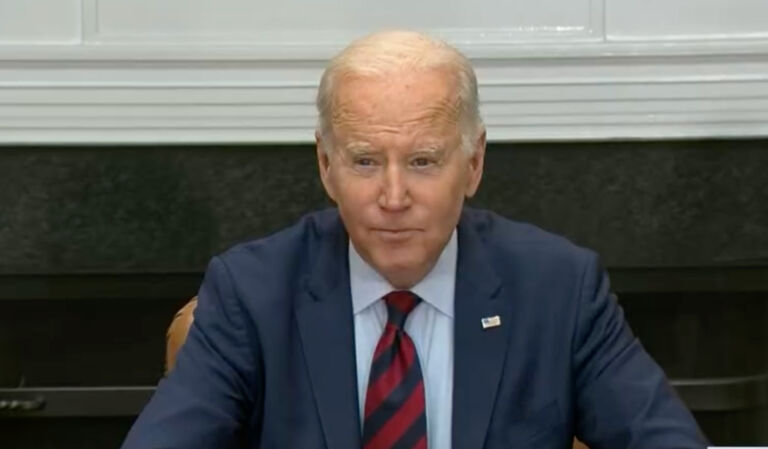Shawn Fleetwood of the Federalist reports on a dubious use of tax dollars to influence this year’s elections.
Democrat election officials in Arizona and Nevada are using taxpayer resources to register and turn out Democrat-favorable young voters ahead of the 2024 election.
On Monday, Arizona Secretary of State Adrian Fontes, a Democrat, announced that his office is partnering with the ALL IN Campus Democracy Challenge to launch the “Arizona Campus Voting Challenge.” According to an office press release, this allegedly “nonpartisan initiative” is designed to increase voter engagement among students attending accredited universities throughout the state.
Young voters (18-29) broke for Democrat House candidates over Republican ones by a nearly 2-to-1 margin during the 2022 midterms, according to estimates by the Center for Information & Research on Civic Learning and Engagement at Tufts University.
Participation in the Arizona Campus Voting Challenge is free and allows participating colleges to become “eligible for awards based on voter turnout and registration rates on their campuses for the November 5, 2024 election.” Federal law makes it illegal to “make[] or offer[] to make an expenditure to any person, either to vote or withhold his vote.”
Students who join will also be “provided guidance and tools to create an action plan for increasing student engagement on their campus,” according to Fontes’ office.
“By signing up for the Arizona Campus Voting Challenge, all accredited, degree-granting higher education institutions across the state can improve, measure, and celebrate efforts to institutionalize nonpartisan civic learning, political engagement and informed voter participation,” the presser reads. “Institutions that sign up for the Arizona Campus Voting Challenge will also be automatic participants in the nationwide ALL IN where awards are issued for highest voter turnout, most improved voter turnout, and highest rate of voter registration. As well as state-specific awards for meeting objectives mapped out in an institution’s nonpartisan democratic engagement action plan.”


